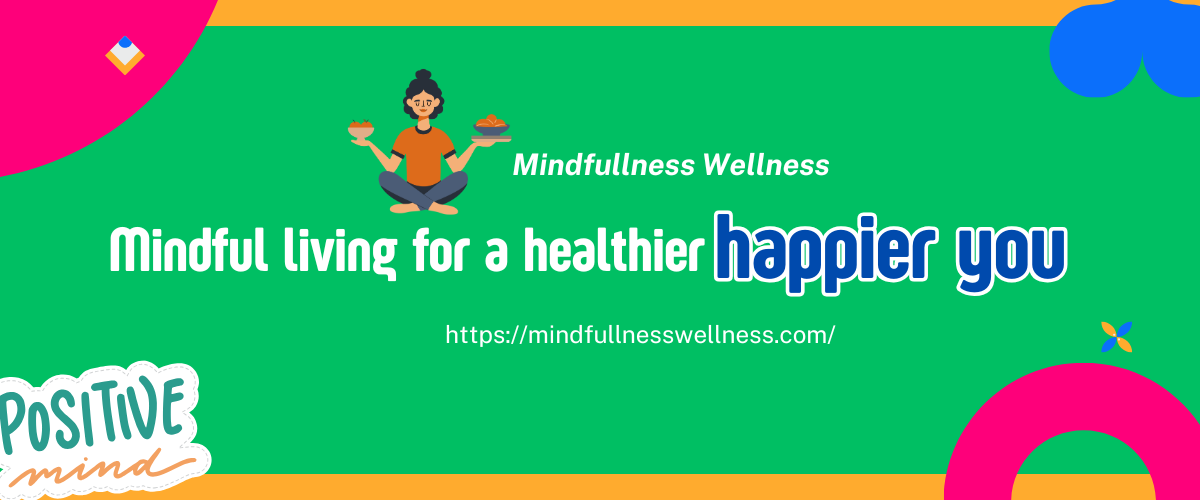🌐 The Modern Problem: Constant Connection, Constant Fatigue
In 2025, our phones aren’t just tools—they’ve become extensions of ourselves. The average adult now spends over 7 hours a day on screens, checking their phone 96 times every day. While this keeps us connected, it also keeps our brains in a constant state of stimulation.
The result?
- Mental fatigue
- Poor focus
- Increased anxiety
- Disrupted sleep
Most of us think a “digital detox” means disappearing for a weekend in the woods. But what if the solution didn’t require a complete unplug—just a 15-minute daily pause?
🧠 Why 15 Minutes Works Wonders
Science shows that short, intentional breaks from screens can have a big impact on mental health. Even a 15-minute tech-free moment allows your brain to:
- Reset dopamine levels – Breaking the endless scroll prevents overstimulation of your reward system.
- Boost focus – Giving your prefrontal cortex (your brain’s “CEO”) a rest helps you make better decisions.
- Lower stress hormones – Cortisol levels drop when you’re not reacting to constant notifications.
- Improve creativity – When the brain isn’t overloaded, it starts making fresh connections.
In essence, it’s like pressing a mental “refresh” button—without quitting technology entirely.
📅 The 15-Minute Reset Blueprint
Ready to try it? Here’s how to make your mini digital detox actually stick.
1. Choose Your Moment
Pick a consistent time when you can unplug without pressure.
Great options:
- Morning coffee ritual
- Mid-afternoon slump
- Evening wind-down before bed
2. Physically Separate Yourself from Devices
Leave your phone in another room, put it in a drawer, or activate Airplane Mode.
This reduces the temptation to “just check something.”
3. Replace Scrolling with Grounding Activities
The key is active rest, not passive boredom.
Try:
- Gentle stretching or yoga
- Journaling a quick thought dump
- Taking a mindful walk
- Brewing tea or coffee without multitasking
- Listening to calming music (without lyrics)
4. Reflect on the Change
Notice your mental state before and after the break. Over time, you’ll see patterns—maybe you’re more focused, less anxious, or more energized.
📊 The Science Behind the Benefits
A 2024 study in the Journal of Digital Wellbeing found that micro-detoxes—screen breaks under 30 minutes—helped participants reduce daily screen time by an average of 1.8 hours over three weeks.
Another experiment from the University of Essex revealed that simply taking a phone-free walk improved memory recall by 12% and mood by 22% compared to walking with a phone in hand.
The takeaway? You don’t need a week-long retreat. Small, daily disconnections add up to massive improvements in cognitive health.
🌿 Making It a Daily Habit
Like any lifestyle change, consistency matters more than intensity. Here’s how to turn it into a natural part of your routine:
- Pair it with an existing habit
Example: Every time you make coffee, leave your phone in another room. - Use visual cues
Put a sticky note on your desk: “15-Minute Reset Time.” - Invite others
Doing this with a partner, friend, or coworker adds accountability. - Track your progress
Use a habit tracker app (ironically!) to celebrate your wins.
🚀 The Compounding Effect Over Time
Here’s what people report after just 2 weeks of daily 15-minute resets:
- Reduced anxiety from fewer notifications
- Better sleep quality thanks to reduced evening screen time
- Improved focus during work or study sessions
- More patience in conversations and daily interactions
Think of it like compound interest—each small pause grows into a big return on your mental clarity.
✨ Final Thought
You don’t have to escape to a cabin in the mountains to reclaim your mind. Sometimes, the simplest changes have the biggest effects.
So today, before you dive into another endless scroll, take a 15-minute digital pause. Your brain, body, and future self will thank you.







